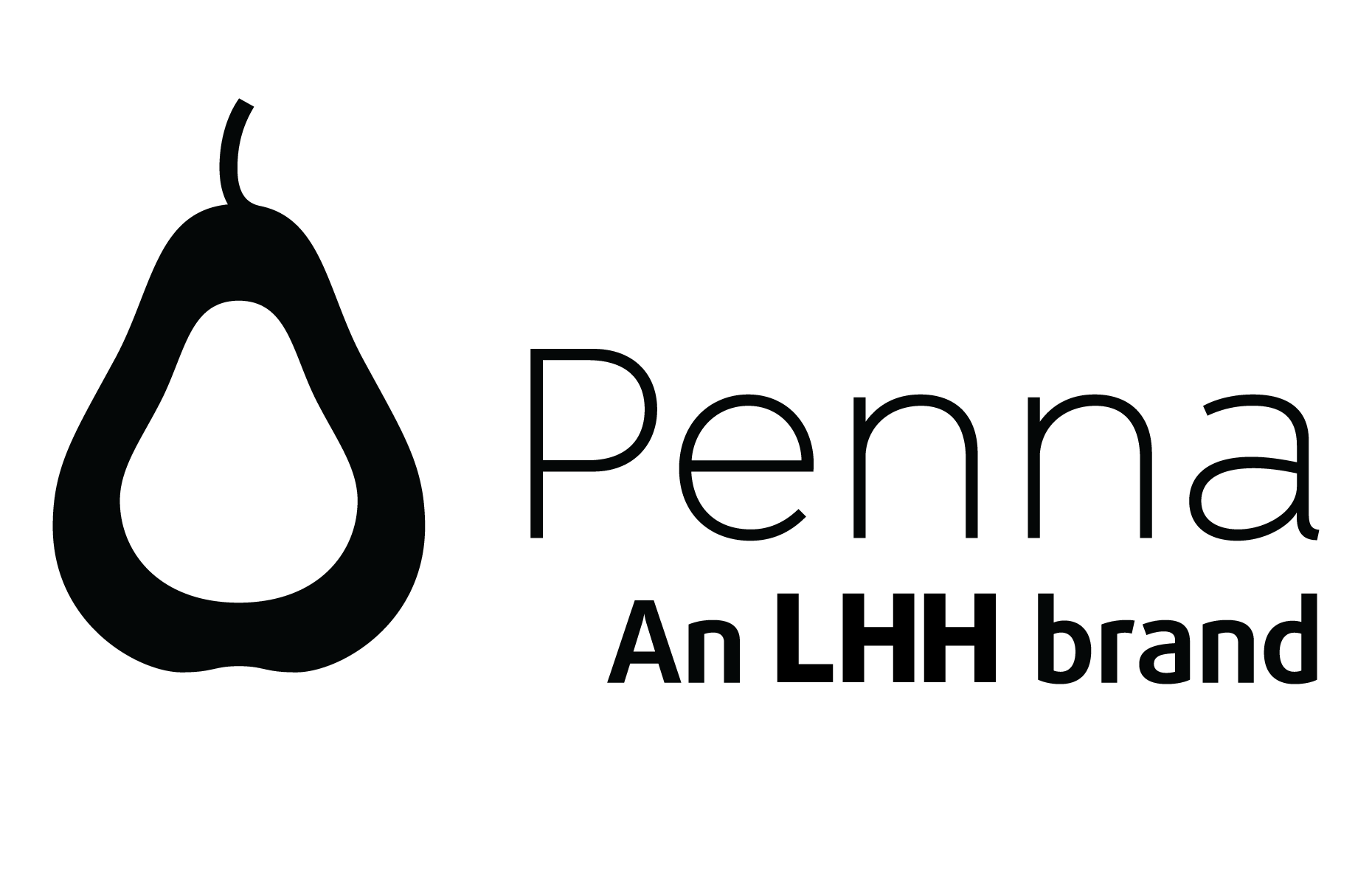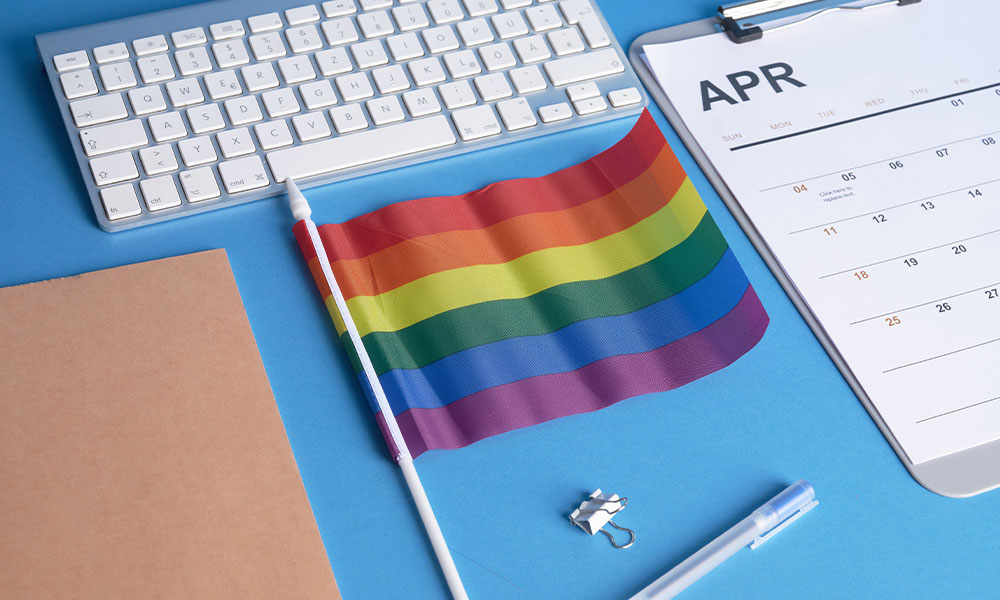On a recent taxi journey through the shiny streets of Belfast, my taxi driver was oh so ‘full of chat’, as most local taxi drivers tend to be. Topics indiscriminately covered football (he, a hardened Liverpool supporter and I, a suffering Manchester United fan since before I was able to say George Best), holiday destination dos and don’ts, the weather (obviously), his elderly mothers selective hearing (and her six sisters and theirs), and his recent flu symptoms before finally asking what I do for a living.
After explaining my role as a researcher, he asked me, “And what does your husband do?”
Why he assumed I was married, I don’t know. Do married people have a certain look about them? Or, to be fair, perhaps it was my wedding ring, albeit subtle. Regardless, without much thought or agenda, I automatically replied with: “Oh, he’s a coach.” When asked what this entailed, I continued to use the “he” and “his” pronouns whilst making a hash of explaining what my wife does for a living.
As I wove a tangled web of stories about a fake husband, I berated myself for being dishonest. Old feelings of long-gone shame and discomfort emerged and bothered me briefly. However, I let them go, having taught myself to acknowledge intrusive, unhelpful thoughts and not let them marinate for longer than necessary.
Choosing not to say, “Actually, I’m married to a woman,” or “Oh funny you should assume that; I’m not married to a man. I’m gay/a lesbian/queer/into women.….” was a snap decision. Later, I reflected on the reasons why I did this, and believe me there were many. But I will explain the two main ones that spring to mind.
Firstly, I didn’t want to be judged. By all accounts, this taxi man appeared decent and may well have had non-heterosexual kids/friends/associates of his own and quite possibly not have batted an eyelid if I had corrected him. But I was scared to take that risk, even after being out of the closet for over twenty years.
Secondly, I didn’t want to embarrass him. In the past, when I felt safe to do so, I have said with a sincere apology and clumsiness, “Oh, um, well, the thing is, I have a wife actually, her name is Aimee… she’s a woman, a wife, not a husband… ahem,” as though in Confession. The person who assumed my straightness was left feeling embarrassed, and I don’t like making someone feel that way. I would rather fabricate a husband and our gloriously straight life together than come out of the big old dusty closet all over again. Once was enough, thank you very much!
For so many reasons, feeling comfortable about who I am sexually, as well as all the other qualities and characteristics that make me ‘me’, is so important. Whilst there are too many to get into here, one of my primary motivations is self-worth and the value I place on myself when I am open and honest and able to be my true, authentic self. The correlation between the LGBTQIA+ community and mental health struggles is not something that surprises me. Until I came out as gay, I had, at times, low self-worth. The lie I was living left me feeling insecure in a heteronormative world, and I struggled to find the words and language to explain to both myself and to others who I was and how I felt. My lies and disingenuousness weighed heavily on me and I know that as a result, I wasn’t the best version of myself.
Embracing my identity extends into all aspects of my life, including very importantly, the workplace. Feeling comfortable with who I am at work is essential for my overall well-being and productivity. We spend a lot of our lives in work, after all.
From day one at Penna, almost two years ago, I truly felt like I was part of an inclusive and diverse work environment. I am so grateful that in those two years, this hasn’t changed. There are individuals from a multitude of backgrounds and I continue to feel accepted and valued for who I am when around them. As part of the LGBTQIA+ community, I find comfort in personal acceptance, the attitude of my colleagues, and Penna’s culture of inclusivity. One of the wondrous things is, it’s effortless. I don’t feel ‘special’ or ‘different’. I’m just ‘me’ and everyone is just their own ‘me’.
As such, it is crucial that companies create and nurture an atmosphere of respect and inclusivity, where people feel safe and supported regardless of their sexual orientation or any other difference they may feel.
I have used the word comfortable quite a few times here, and for me that is a really important state to be in. Being comfortable as an LGBTQIA+ person at work means I can bring my whole self to the job, making me feel empowered and helping me to thrive as the best version of myself. I truly believe that by embracing diversity whilst not making a ‘thing’ out of it, organisations not only benefit from happier, less anxious employees - they also generate a more creative, respectful, innovative, forward-thinking, and productive workplace for everyone.
Isn’t feeling comfortable and free to be yourself part of what life should be about for us all?
Ali Tasker is a Senior Executive Researcher at Penna. To find out how Penna can assist you in your recruitment journey, get in touch with our team at info@penna.com.
Ali Tasker, Senior Executive Researcher

LinkedIn: Ali Tasker
Email: Ali.Tasker@Penna.com




